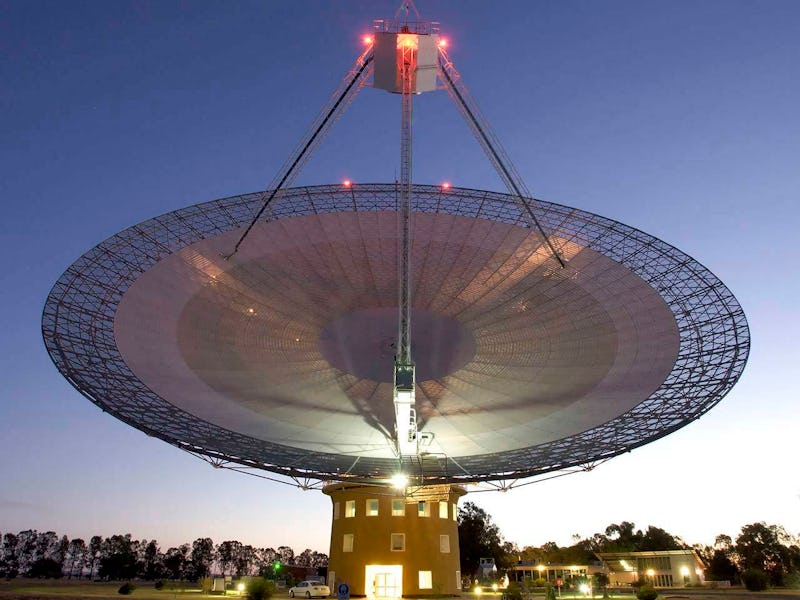Building a Galactic Internet is Possible, Would Take 300,000 Years
That's ... good news?

When humans manage to come into contact with intelligent extraterrestrial civilizations hanging out in the depths of space, it’s entirely plausible we could build an interstellar version of our very own internet and share emails, album leaks, and cat GIFs with our alien friends.
It’s just that it would take something like, oh, 300,000 years to build. At least, that’s the number astronomer Duncan Forgan suggested in [a new paper].
The thing is, we’re not talking about a straight-up galactic version of the internet as we know it and love it. But the internet is fundamentally just a massive communications network for sharing information. And it’s that basic idea that Forgan, an astronomer at the University of St. Andrews in the United Kingdom, tried to work out how to build on a galaxy-spanning scale.
There’s many ways we could build such a communications network. We might need to send asteroids far out into space and turn them into receivers and transmitters, build massive space infrastructure that can be used to signal far-off places, or build giant lasers that modify what the transit of the Earth across sun looks like to any civilization of aliens who are peering our way.
So how did Forgan come up with a 300,000-year timeframe? A few obvious factors come into play — most notably that if we’re using light to communicate, we are limited by, well, the speed of light. The Milky Way galaxy itself is about 100,000 light years in length, so we can at least add that to the baseline timeframe if we want to communicate across the entire breadth of our galaxy.
But Forgan considered six other parameters that will add to the time it takes to get the galactic internet up and running: direction, signal strength, time, polarization, frequency, and the type of information being communicated.
But Forgan considered six other parameters that will add to the time it takes to get the galactic internet up and running. That includes the signal’s direction, which decides which civilization will actually be able to pick it up, its frequency, which means an alien civilization has to be tuned into a particular setting in order to receive what we’re sending, and the type of information being communicated, which could take time to translate.
Taking all that into consideration, 300,000 years is the most optimistic prospect for a galactic-wide version of the internet — a primitive version, yes, but it’s something. Of course, we can’t start the clock on building the galactic internet until e actually find the aliens we want to talk to. Better back up your cat gifs now, as we could be in for a bit of a wait.